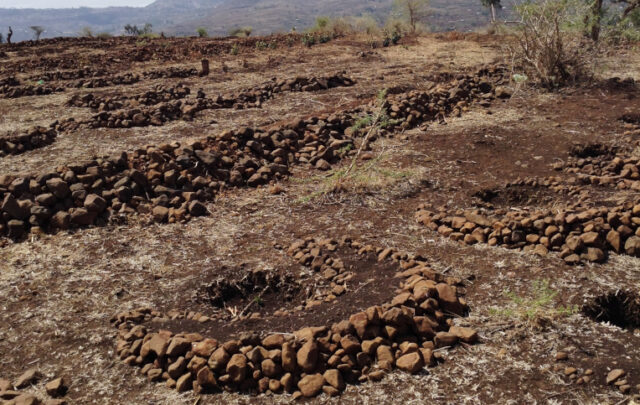NOTE: Images in this archived article have been removed.
 Description:
Description:
Across the nation, a robust and inspiring local food movement is gaining momentum but faces critical challenges of overwhelming demand, limited production capacity, lack of infrastructure, and limited access to capital. Meanwhile, as the unsustainability of the industrialized corporate food system becomes increasingly evident, a global food crisis threatens to land on our own shores. Our communities are food insecure.
This call addresses these key questions: For the Transition movement, what is the role of food localization in building community resilience and self-reliance? How can food localization address the challenges of fossil fuel depletion, climate change, and economic decline? How can Transition Initiatives be catalysts for food localization as economic development? What are the most promising strategies, tools, processes and pathways for localizing our food systems?
Join two seasoned Transition leaders in an exploration of innovative food localization efforts in Colorado and Florida: Michael Brownlee, co-founder of Transition Colorado, and Don Hall, founder of Transition Sarasota. Learn about the evolution of the
EAT LOCAL! and
Local Food Shift campaigns, and how you can catalyze the local food movement in your community!
- Session 1 (Oct. 16): Peak Food and our global food predicament—the opportunities of food localization; ingredients of food localization (tools, processes, systems, pathways)
- Session 2 (Oct. 23): On the ground—Transition Colorado and Transition Sarasota case studies
- Session 3 (Nov. 13): Getting there—utilizing the Transition process to achieve food localization in your community (it all starts with an initiating group!)
The Vision: Food localization can result in stronger community economies, ecological sustainability, better nutrition and health, more civic engagement, and more resilient local food systems based on deep ecological principles and a more connected populace, with far less dependence on fossil fuels and petroleum-based inputs. The overarching vision is that in such food-localized communities our health will improve greatly, especially the health of our children. We will feel more connected, more alive, more engaged, living more meaningful and satisfying lives. We will be devoted to rebuilding the soil in our farmlands. Our local farmers will be able to buy the land on which they farm. We will transform the landscape. Our agricultural land will mostly be used for food production for local consumption. We will produce thousands of new jobs; our local economies will be robust! We will dramatically reduce greenhouse gas emissions and environmental degradation. We will be sequestering carbon in the soil, in plant growth. We will have plans and food stores in place to feed all our people in times of crisis or emergency. We will all have a far greater degree of food security and food sovereignty; major corporations will no longer be in control of what and how we eat. Our local foodsheds will be resilient and self-reliant. This will be a revolution!
 Description:
Description:






















